Do You Need an SSL Certificate for Your Blog?
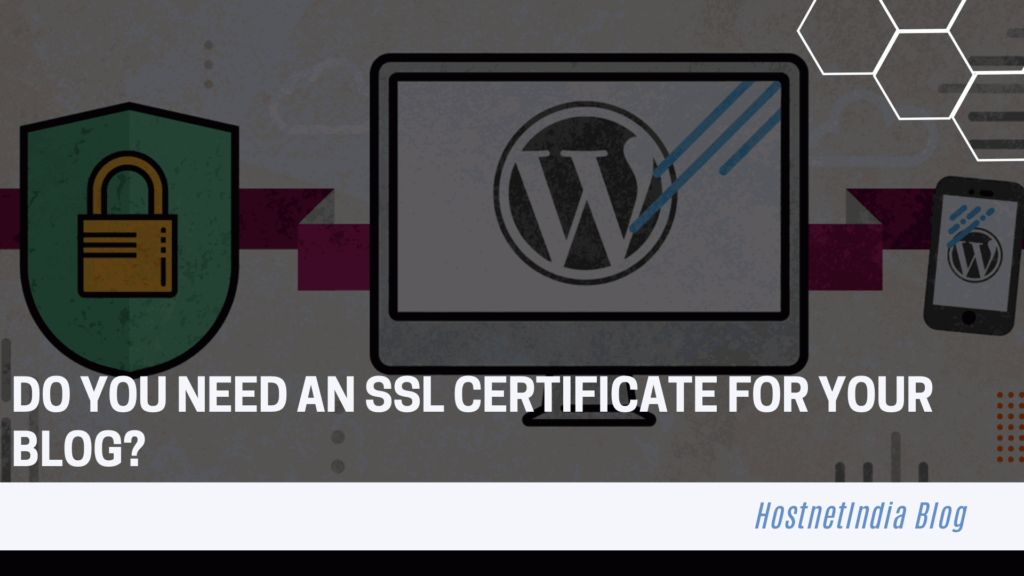
You have seen plenty of times that many websites domain name starts with HTTPS or the rest of them starts with HTTP. Why bloggers use SSL Certificate with their domains? When you see the “https” sign in the browser address bar, it means your website is secure. You can see another security sign in the address bar which is “padlock”. Padlock means your website has encrypted and protected connection. Such protections are connected to your website Secure Sockets Layer as well.
Read Also – Benefits of SSL Certificate
What is the SSL CERTIFICATE?
Secure socket layer. SSL Certificate is used by millions of internet users or bloggers. This certificate can enhance your data protection as well as login details security. It means an SSL allows secure communication among internet end users. Although, we can say that an SSL Certificate enables the encrypted communication between the web server and a web browser. If you want this secure connection for your website, you must activate an SSL. You can buy it from various hosting companies.
You can see padlock and SSL protocol in the address bar when you activate it. An free SSL Certificate covers various things such as personal information, bank account details, and credit and debit card details and so on. According to the official Google chrome report, more than half of the websites are using SSL Certificate. And this percentage is increasing every day as well. An SSL helps you in earning your visitors believe.
Also Read – What are the Advantages of Shared Web Hosting?
Although, one question is remaining that “Do you need an SSL Certificate for your blog?” don’t worry, we will cover in this article, so keep reading.
Do you require an SSL certificate for your commercial website?
An SSL Certificate is essential for each commercial website. Yes, you need to install a secure socket layer over your website. It plays a vital role into website security. Money transfer websites are very sensitive and commercial websites too. If you are running money making website, must install an SSL.
Although, all the websites don’t collect the transaction details online. All customers don’t pay online while purchasing products. They don’t share their banking information either. When they purchase online products then they choose cash on delivery methods. You can give them many options for the transaction like PayPal or Paytm. For instance, when an end user buys a product from your website, you can direct him on PayPal or Paytm. In this case, the banking details cannot save over your website. Third parties will contact the bank and accomplish the transaction.
First, you receive the secret details like credit card from your visitors. Then you send it to other parties such as PayPal and so on. This is the best way to encrypt all the user information.
Do you require an SSL for your non-commercial blog?
“Do you require SSL for your non-commercial blog?” this question has frequently asked by many commentators. Let’s explain here. If you are running a non-commercial blog or if you are not selling any product through your blog, then you don’t need installing an SSL certificate. Even if an SSL certificate may enhance your website traffic quickly.
Now you have learned about SSL. We will cover more things in our next article such as “Types of SSL Certificate”, “how to install it on your website” and so on.


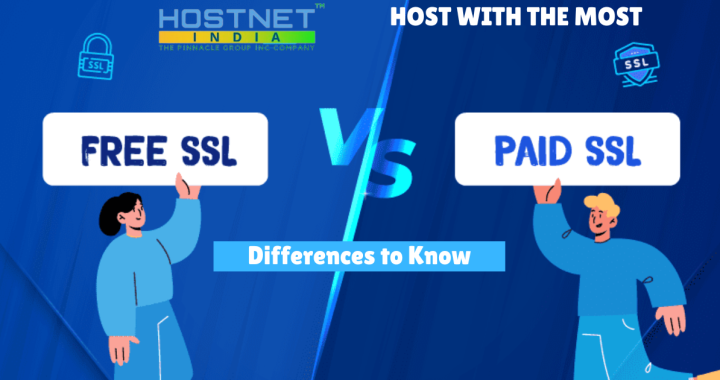 Differences Between Free SSL & Paid SSL
Differences Between Free SSL & Paid SSL 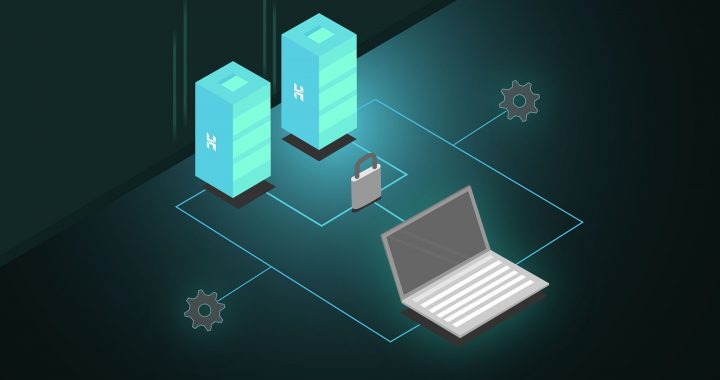 SSL Certificate Price List in India
SSL Certificate Price List in India 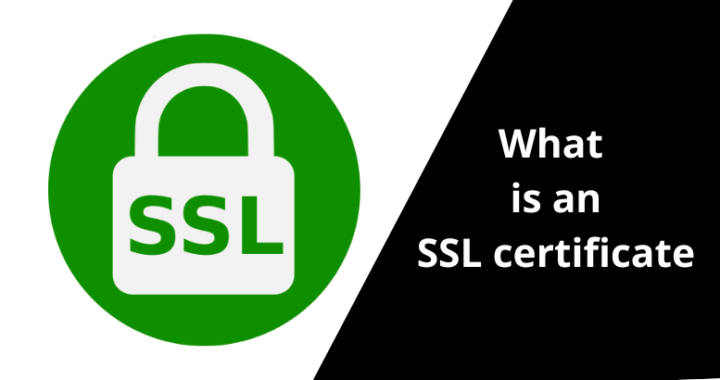 Best SSL Certificates Provider in India
Best SSL Certificates Provider in India  What is SSL Certificate and Advantages and how it works?
What is SSL Certificate and Advantages and how it works? 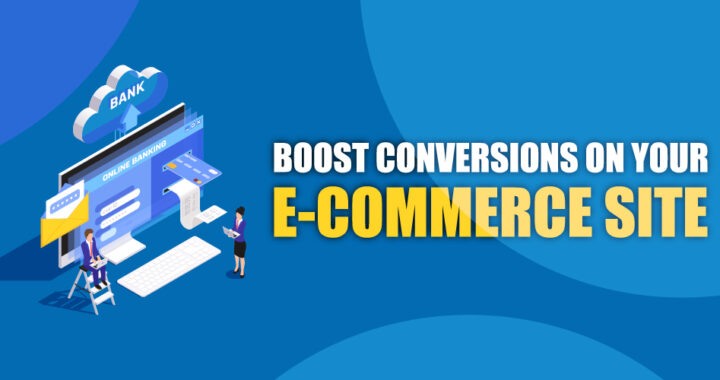 5 Major Trust Signals to Boost Conversions for Your eCommerce Business
5 Major Trust Signals to Boost Conversions for Your eCommerce Business 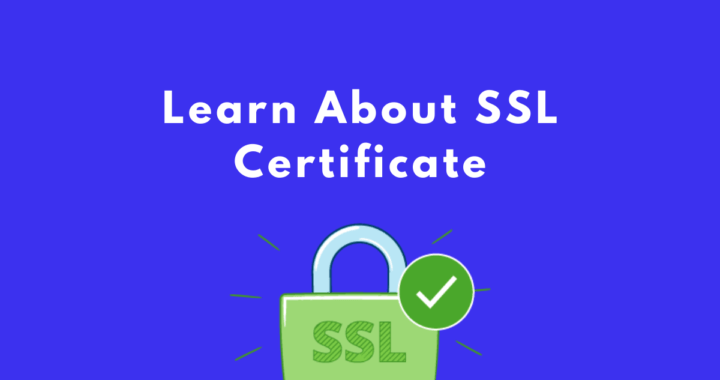 Learn About SSL Certificate (Types)
Learn About SSL Certificate (Types)